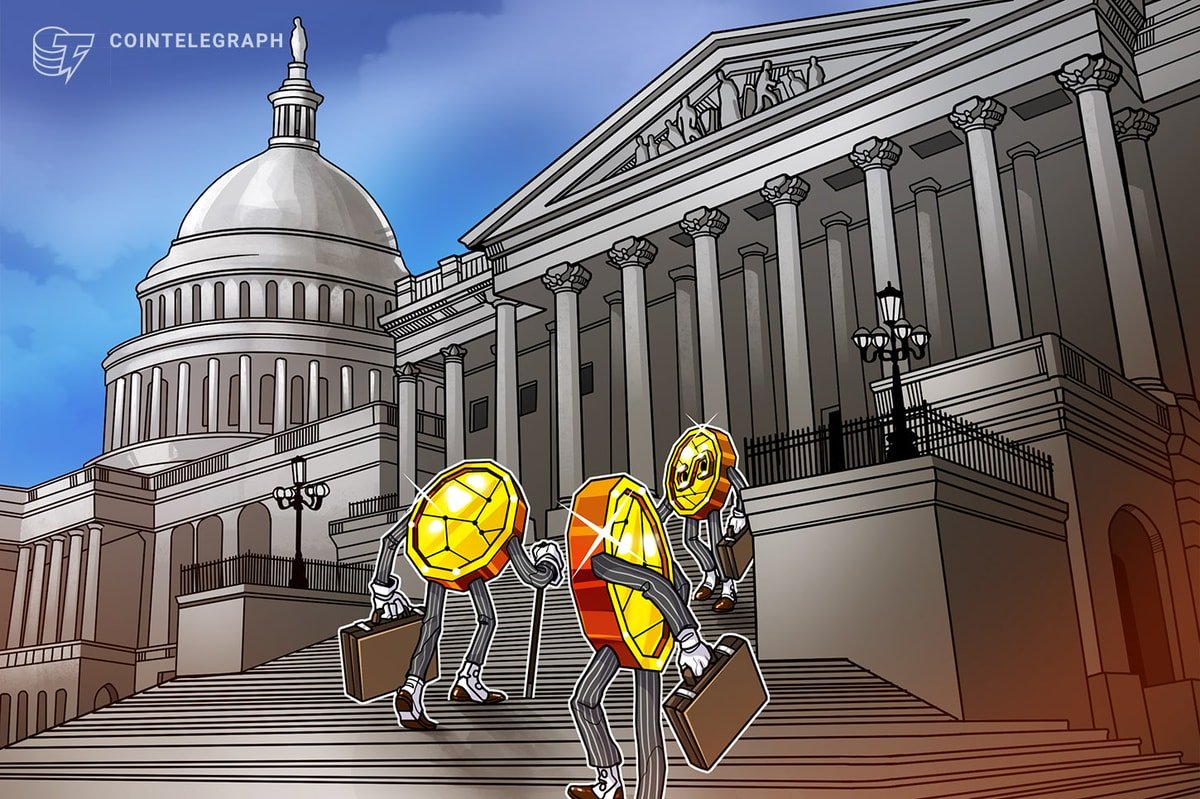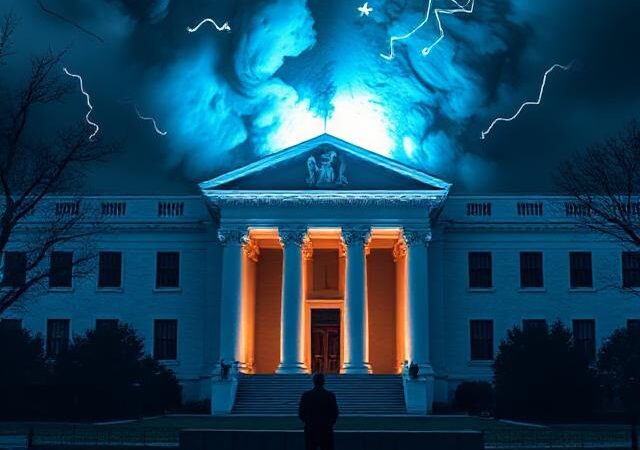Vote on StableCoin laws expected before May 26th

The majority leader in the US Senate, John Thune, is said to have informed the Republican MPs that the chamber will deal with a bill to regulate stablecoin before the memorial day on May 26.
According to a report by Politico from April 29th said Thun in a closed session with republican senators who have a short majority in the chamber. The Genius Act (Guiding and Establishing National Innovation for Us StableCoins) was introduced in February by Senator Bill Hagerty and passed The Senate Banking Committee in March.
Thune mentioned No crypto or blockchain-related legal templates in his public comments on the first 100 days of US President Donald Trump. Since taking office on January 20, Trump has signed several implementing regulations that could affect US cryptopolitics, including one, The stable coins concerns. Nevertheless, many of the measures have no legal force without a green light from the congress.
The proposed genius law could essentially prevent every company that is not a “approved stable coin emittent” from issuing a stable coin in the United States. The House of Representatives, which is also controlled by the Republicans, has submitted a corresponding draft law: the StableCoin Transparency and Accountability for A Better Ledger Economy, or Stable Act for short.
Trump: Conflicts of interest in stable coins and cryptocurrencies?
The implementation regulations of the President signed on January 23 set up a working group that should examine the possible creation and maintenance of a national crypto reserve and a regulatory framework for stable coins. Republican legislators then brought the stable and genius laws.
Trump signed the implementing regulations just before World Liberty Financial, a crypto company supported by the president's family, their stable coin USD1 coupled to the US dollar introduced. Many democratic legislators saidthat Trump's connections to the company, paired with its political influence and its position, could “represent an exceptional conflict of interest that could create unprecedented risks for our financial system”.





